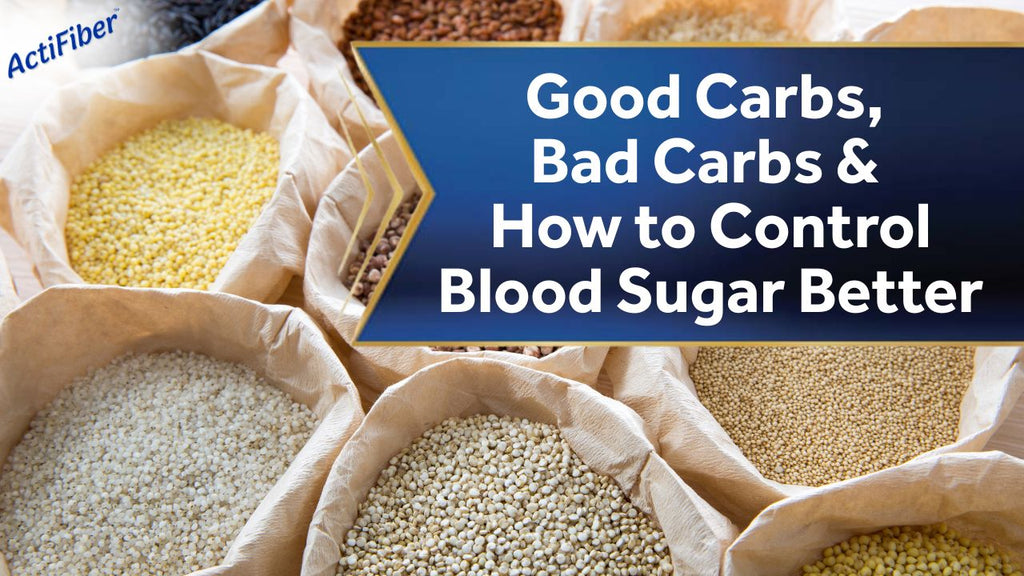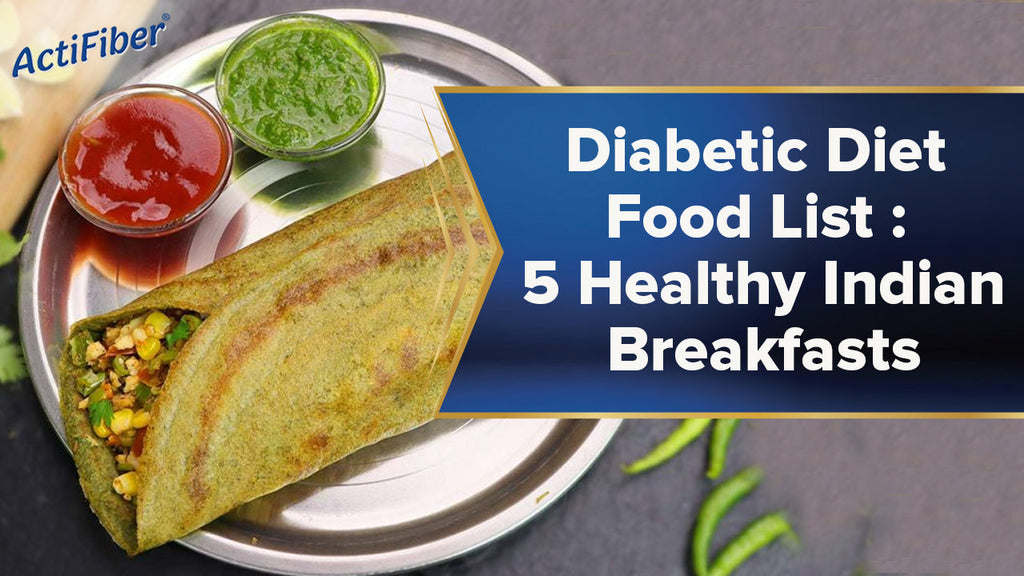Sidebar
-
The Simple Holiday Guide for Diabetes Management
The holiday season means fun, family, and—let's be honest—that familiar stress over party food. Managing your sugars shouldn't mean sacrificing celebration, but studies show this time of year significantly challenges blood sugar control and can lead to worsened health profiles. I’m Ms. Tanvi Chipkar, a Clinical Dietitian and PhD Scholar specializing in Diabetes & Cardiac Nutrition. We need simple, effective strategies for diabetes management... -
Good Carbs, Bad Carbs and How to Control Blood Sugar Better
In diabetes, carbohydrates are vital fuel, not the enemy. The challenge for blood sugar control is not avoiding them, but distinguishing "good" from "bad" carbs. Master this, and you master your diabetic diet. The Good Carbs: Steady Energy, Steady Control Good carbs are steady, reliable fuel: complex carbohydrates rich in fiber. They form the backbone of the best foods for diabetics. What they are: Whole,... -
Your Guide to Festive Season Diabetes Control
Happy Festive Season! As the air fills with joy, so does the worry for millions managing diabetes. Festivals mean family, warmth, and, unfortunately, a minefield of sweet, rich foods and can often become a health challenge. Studies show that festive indulgence can spike blood sugar by a stressful 20–30%. It's why doctors see a 30–40% rise in emergency admissions soon after major holidays. If... -
Understanding Nutrition Labels for Smarter Health Choices
Shopping for packaged foods shouldn’t be a guessing game. Next time you see labels like diabetic diet or tempting “15% extra,” pause and flip the pack. The nutrition label holds the facts for anyone following a diabetic diet food list, a prediabetes diet, managing type 2 diabetes diet or even planning an insulin resistance diet. 1. Serving Size : Why It Matters for DiabeticsEvery... -
Diabetes-Friendly Festivals: Best Low Gl Foods & Protein rich Vegetarian Snacks
In India, festivals bring joy, family, and irresistible food. From Diwali laddoos to Holi gujiyas and Eid seviyan, sweets and snacks are everywhere. But for people living with Type 2 diabetes, these celebrations can feel like a challenge. The truth is - you don’t need to give them up. By choosing low GI foods, foods that are high in protein vegetarian, preparing smarter festive... -
Diabetic Diet Food List - 5 Healthy Indian Breakfasts for Blood Sugar Control
For people managing diabetes, breakfast is not just the first meal - it sets the tone for the day. The right foods can help maintain stable sugar levels after breakfast, reduce cravings, and provide lasting energy. The key is to choose low GI Indian breakfasts that are rich in fibre, protein and healthy fats. The good news? You don’t need to give up your... -
Early Diabetes Symptoms You Must Know
That worry, "Am I prediabetic or diabetic?" is a common thought echoing in many Indian households today, precisely because diabetes has touched so many of our families. It truly feels like it's becoming the norm, and the understanding that it's not just genetics, but our daily routines and lifestyle choices that put us at risk for type 2 diabetes is increasingly clear. This is... -
HYPOGLYCAEMIA OR LOW BLOOD SUGAR
Signs, Symptoms & Causes and 5 Must-Know Ways to Manage it Hypoglycemia, or low blood sugar, can be a tricky situation, especially if you're managing type 2 Diabetes. While often associated with insulin use, it can also occur with certain oral medications or even lifestyle factors in individuals with type 2 Diabetes. Understanding the hypoglycemia symptoms and potential causes is key to staying safe... -
Sugar levels after Meals: Why does it rise & How to control it?
That sleepy, sometimes jittery feeling you experience after a satisfying meal is often symptoms of elevated blood sugar levels. In non-diabetics, blood sugar levels after food, peaks around one hour, as carbohydrates break down into glucose. The pancreas promptly releases insulin, enabling glucose to enter cells for energy or storage. Consequently, blood sugar levels return to normal sugar levels within two hours, typically staying... -
Hba1c Test: What Is It and Why Is It Important?
A doctor may recommend an HbA1c blood test to diagnose diabetes, monitor blood sugar levels, and assess the risk of developing diabetes. Unlike daily finger prick blood sugar tests that give you a reading at that exact moment, the HbA1c gives you a view of your average blood sugar levels over the previous 2 to 3 months. It does this by measuring the percentage...










